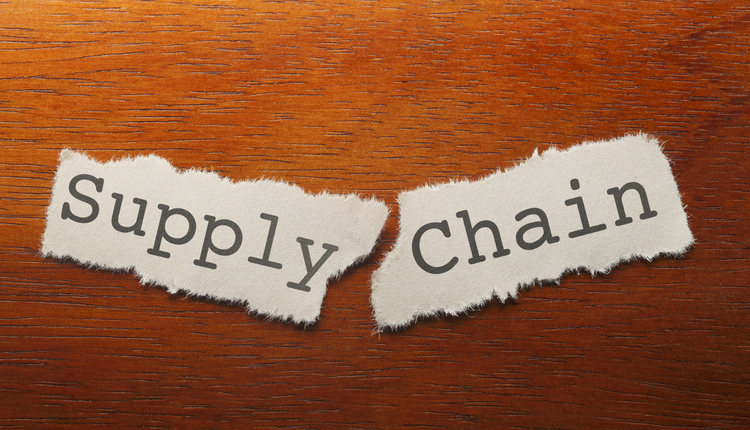Similar to small parcel carriers, the shift, driven by COVID-19, from commercial brick and mortar purchases to residential e-commerce purchases has created a strain on many retailers’ profitability. In general, brick and mortar retail sales are more profitable than e-commerce sales as the latter often have to subsidize shipping costs. Furthermore, fulfillment accuracy and speed to customer are critical, but it’s very costly to live up to customer expectations, leading to a struggle with e-commerce profitability.
Amazon, the largest e-commerce provider in the US, has built an intricate network that includes fulfillment centers, delivery stations, inbound and outbound sortation facilities, Amazon Prime hubs, and returns centers. It is a freight broker, a freight forwarder, an airline and a last-mile delivery provider all while promising next day delivery to its Prime members. However, its last-mile delivery network is limited in reach and continues to remain dependent on outsourced last-mile providers such as UPS, the USPS, and regional carriers and couriers. Shipping costs continue to be a major drain on profitability as Q2 costs (+60% over LY) escalated much more rapidly than revenues (+40% over LY).
Despite the impressive network build-out, Amazon’s retail brick and mortar presence is limited mostly to its Whole Foods and Amazon Go stores. Amazon has installed lockers at many of these locations as well as third-party locations for alternative delivery drop off/pickup locations and also has a large presence on many college campuses. The profitability of locker and pickup/drop off locations is very attractive.
Meanwhile, Walmart, perhaps Amazon’s biggest competitor, has introduced its own marketplace and has also partnered with Shopify. This partnership allows Shopify sellers to set up shop on Walmart’s online marketplace. Impressive, but how enticing is it for these sellers remains to be seen. Walmart continues to play catch-up with its e-commerce ventures and its Walmart Plus solution has been delayed for a third time in 2020. Walmart Plus is the competitive solution to Amazon Prime. We strongly believe that rapidly escalating logistics costs and last-mile delivery capacity are contributing to the delay.
Walmart’s supply chain has always been impressive. Known for tightly managing suppliers, managing its own trucking fleet as well as its outsourced transportation needs, Walmart’s last-mile endeavors, however, have been a challenge. When utilizing a variety of crowd-sourced delivery providers, the network is unpredictable. Besides using crowd-sourced delivery providers, Walmart also leans heavily on FedEx for deliveries. FedEx, however, has suffered from capacity issues this year and has had to cap volumes on some retailers, while implementing “temporary” Ground surcharges on others. These surcharges have weighed heavily on e-commerce retailers and the additional parcel peak season surcharges that begin in October will have a tremendous impact on many large e-commerce retailers.
Target has taken a different e-commerce approach and does not have an online marketplace. Instead, Target has taken advantage of its stores and successfully promoted BOPIS and curb-side pickups. It acquired route optimizing software firm, Grand Junction, and crowd-source delivery platform, Shipt, in 2017 to build-out its last-mile capabilities. Earlier this year, Target acquired technology assets from same-day delivery service Deliv, all of which help expand same-day delivery. According to the retailer’s CEO, same-day services accounted for around three-quarters of Target’s digital sales revenue in 2019, and the services grew by 90%.
During the first quarter 2020, Target shipped 80% of e-commerce orders from stores amid a 141% year-over-year rise in e-commerce revenue. Same-day fulfillment grew by 278% year over year in the quarter. However, net income fell because of costs associated with employees fulfilling orders and increased shipping costs. As a result, Target is testing a new sort center concept. These sort centers are intended to remove parcel sorting from stores and enable higher throughput of e-commerce packages and more efficient shipping to lower costs per order. This type of pivoting will remain essential as retailers strive for profitability.
John Haber is founder and CEO, Spend Management Experts. He can be contacted at solutions@spendmgmt.com.
This article originally appeared in the September/October, 2020 issue of PARCEL.



















